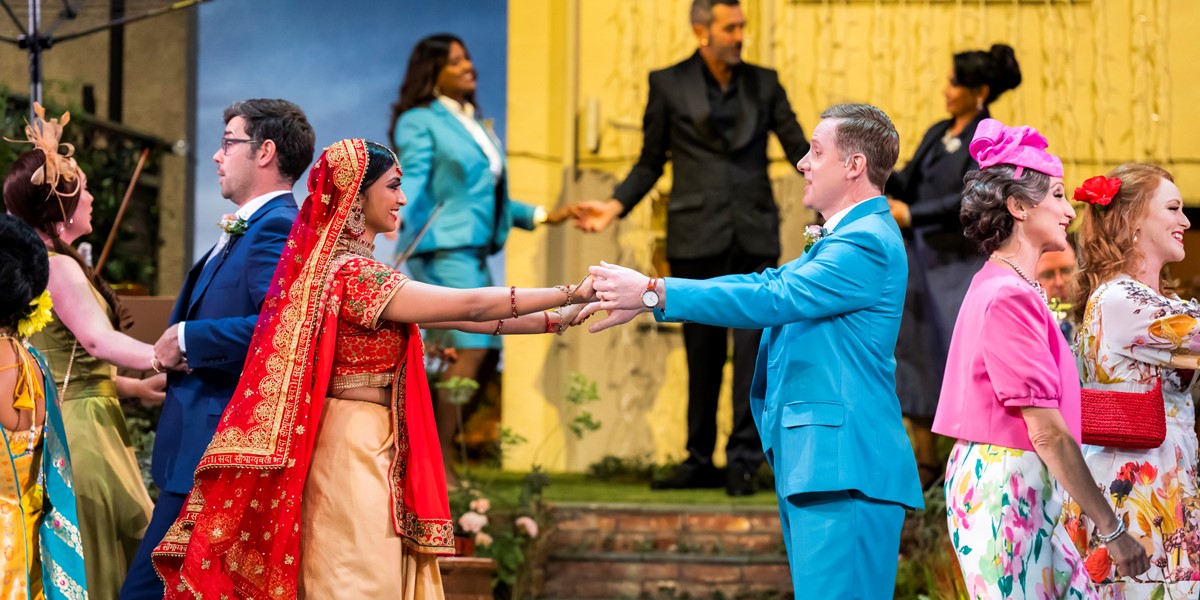Wednesday, November 23, 2022
Orpheus at The Lowry, Salford, November 19
East-meets-West as Opera North and South Asian Arts-UK present their riveting modern-day makeover of Monteverdi’s mythical marvel, L'Orfeo

Ashnaa Sasikaran (Eurydice) and Nicholas Watts (Orpheus) ©Tristram Kenton

Register now to continue reading

Thanks for visiting the Songlines website, your guide to an extraordinary world of music and culture. Sign up for a free account now to enjoy:
- Free access to 2 subscriber-only articles and album reviews every month
- Unlimited access to our news and awards pages
- Our regular email newsletters


